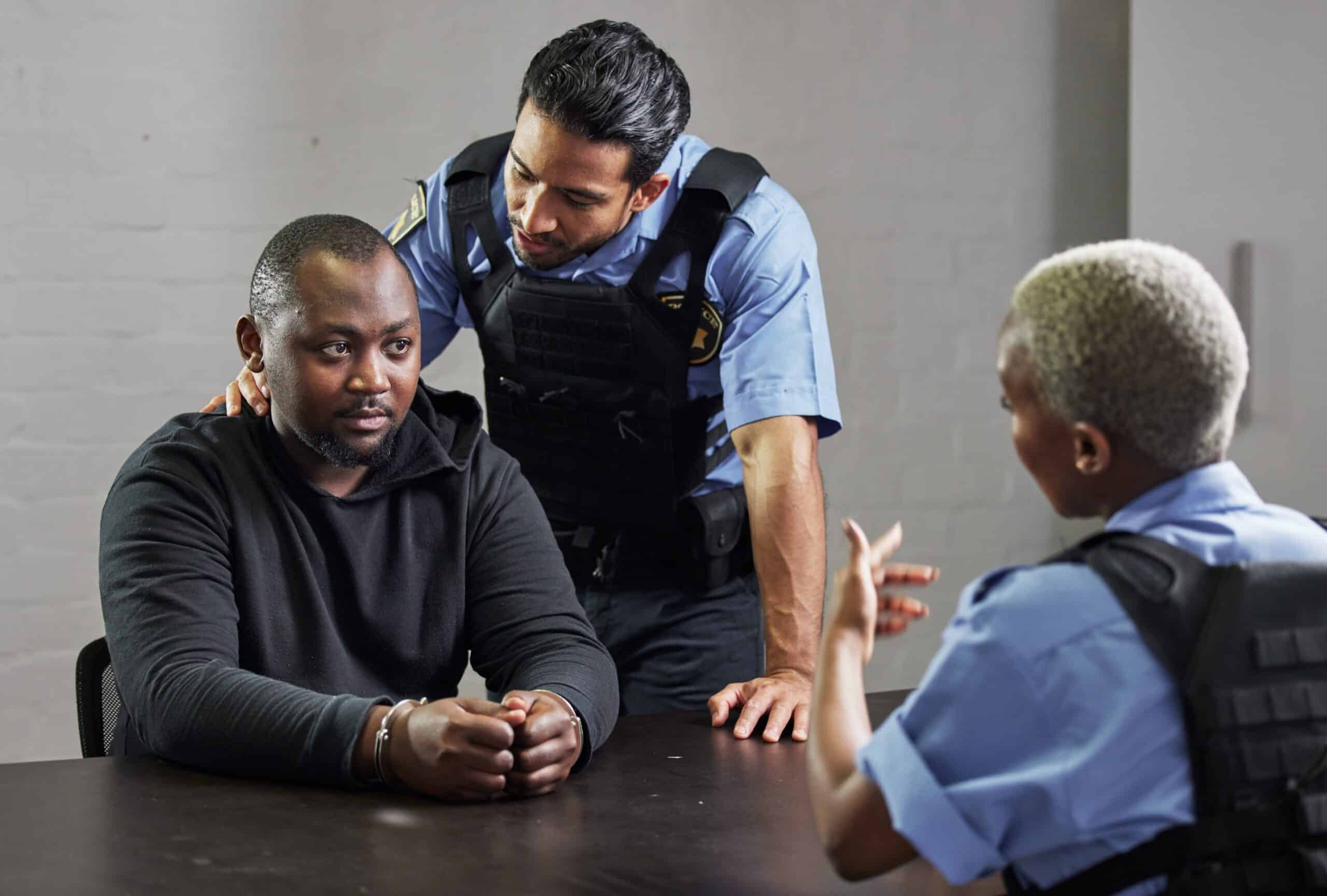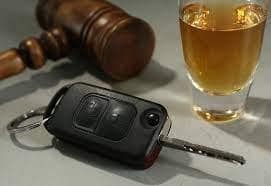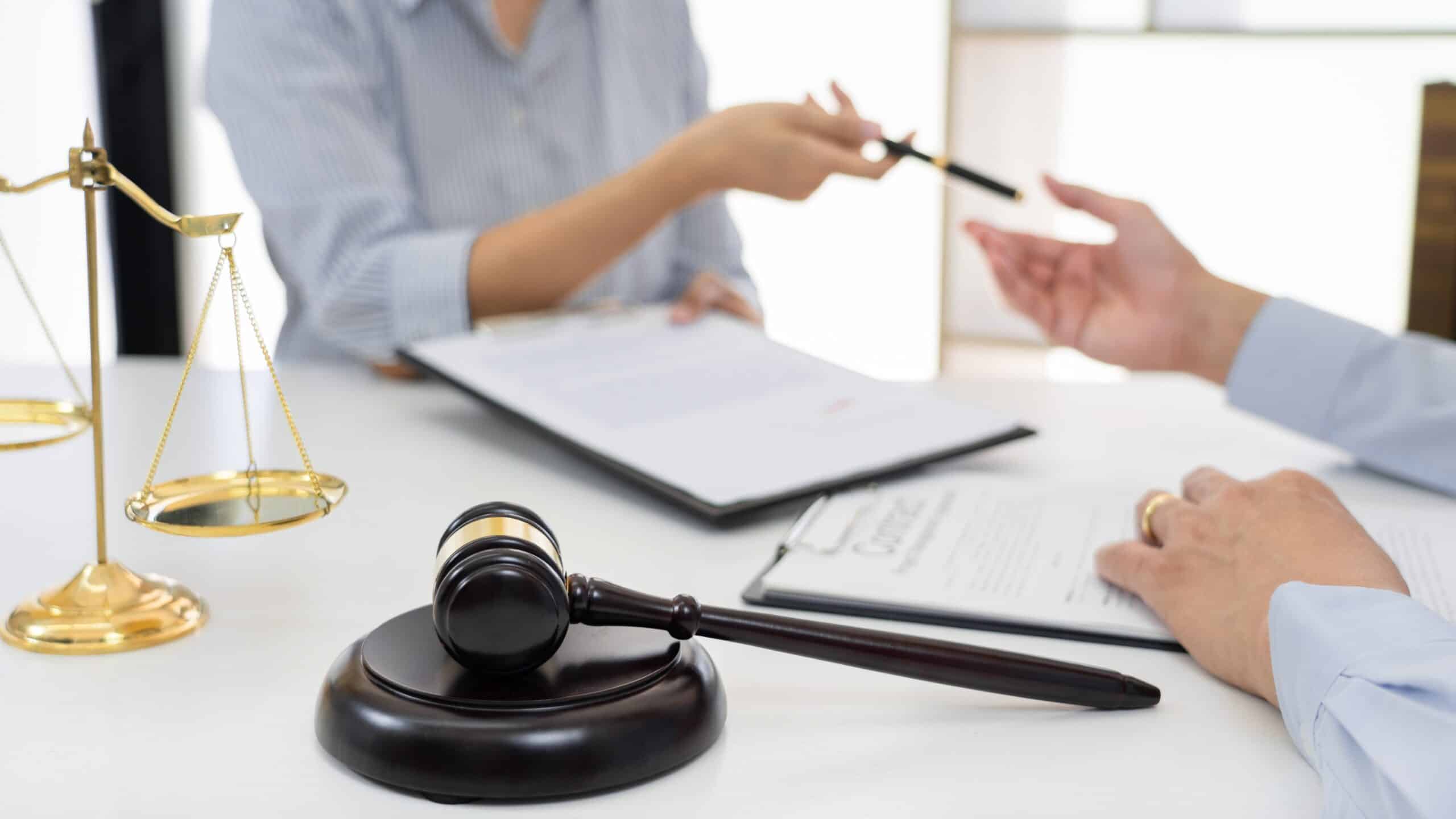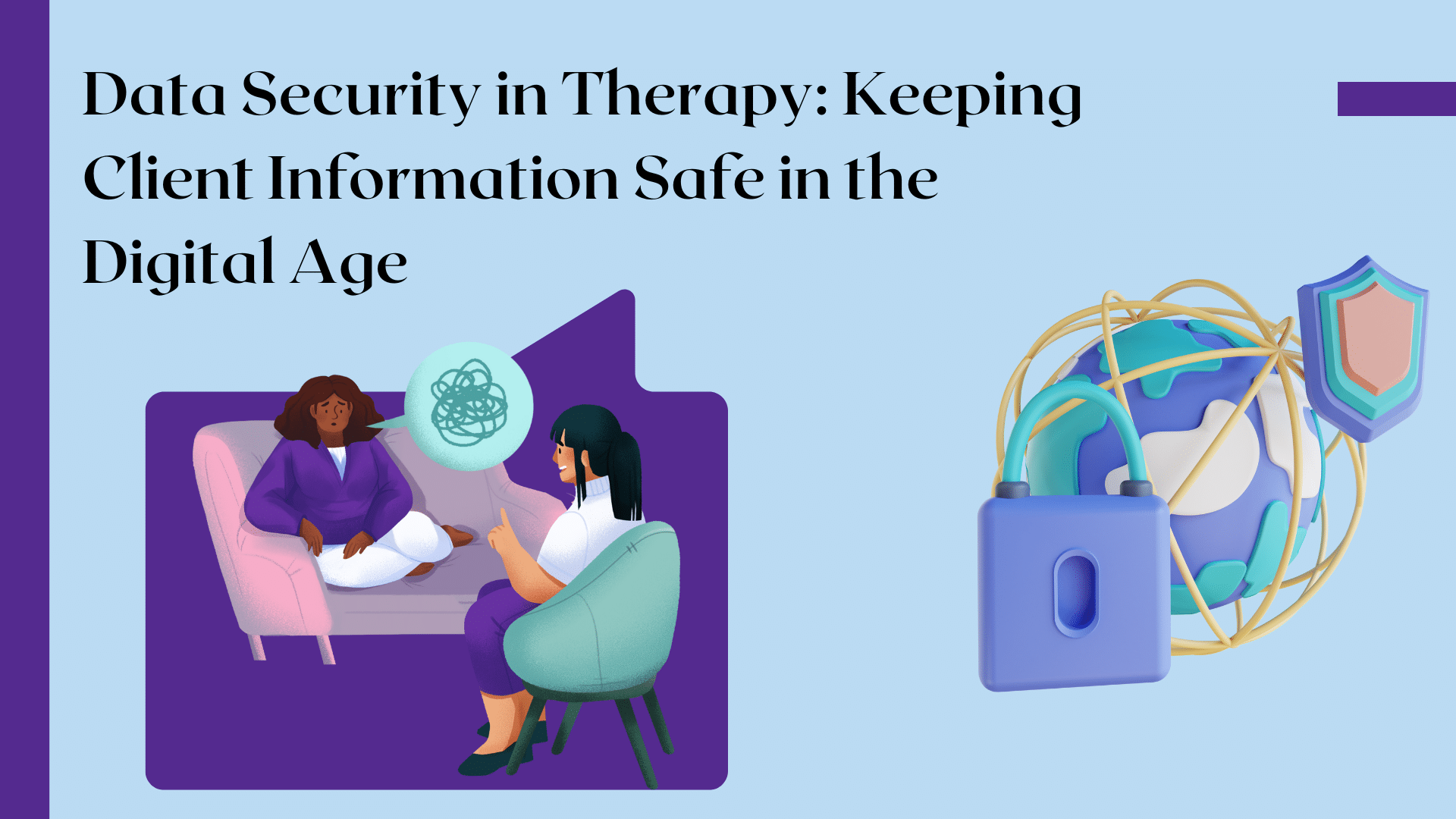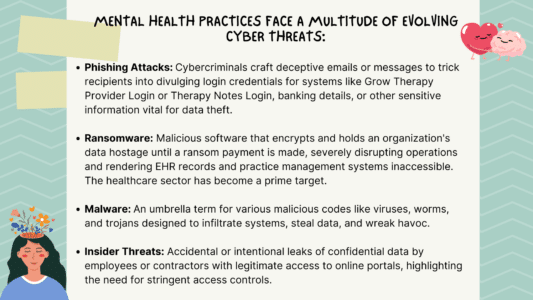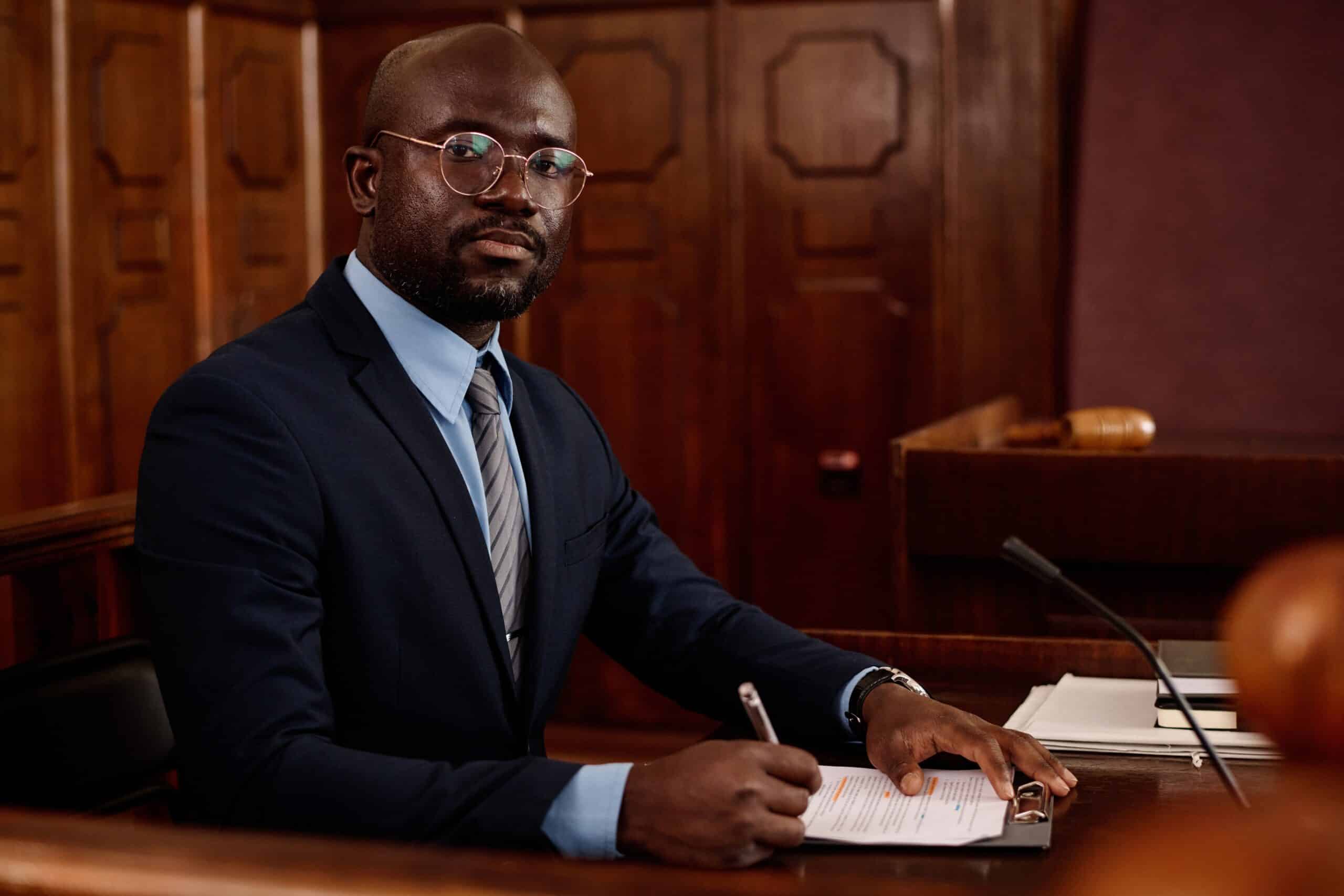What Is an Aggravated Dui?

Driving Under the Influence (DUI), also known as Driving While Intoxicated (DWI), is a serious offense that is further escalated to aggravated DUI under certain conditions in Missouri. This enhanced charge carries stricter penalties and reflects the heightened risk posed by the offender. Here’s a detailed look at what constitutes an aggravated DUI in Missouri and the associated penalties.
Criteria for Aggravated Dui in Missouri
Repeat Offenses
An individual with at least three prior DUI/DWI convictions can be classified as an aggravated offender. This classification applies if the person has three or more previous guilty pleas or findings of guilt related to DUI/DWI offenses. For example, a fourth DUI offense is categorized as a Class C felony.
Causing Harm or Fatalities
If a person driving while intoxicated causes serious injury or death, it can elevate the charge to an aggravated level. This includes causing the death of another person, emergency personnel, or severe injuries through criminal negligence.
High Blood Alcohol Content (Bac)
Driving with a significantly high BAC can also result in aggravated charges. Specifically, a BAC of 0.18% or higher, especially if it results in an accident-causing death or severe injury, can lead to aggravated DUI charges.
Driving With a Suspended or Revoked License
If an individual is caught driving under the influence while their license is suspended or revoked due to a prior DUI, the charge can be elevated to an aggravated DUI.
Presence of a Minor
Driving under the influence with a minor (someone under 17 years old) in the vehicle can also result in an aggravated DUI charge.
Penalties for Aggravated Dui
Offense, Imprisonment and Fines
Aggravated offenders face mandatory minimum imprisonment terms. For example, a fourth DUI, classified as a Class C felony, carries up to seven years in prison with a mandatory minimum of 60 days before eligibility for probation or parole. Missouri law also stipulates various levels of DUI offenses based on the number of prior convictions:
- First Offense: Class B misdemeanor, up to six months in jail and/or up to a $500 fine.
- Second Offense: Class A misdemeanor, up to one year in jail and/or up to a $2,000 fine, with a mandatory minimum of 10 days imprisonment before probation or parole
- Third Offense: Class D felony, up to four years in prison and/or up to a $5,000 fine, with a mandatory minimum of 30 days imprisonment before eligibility for probation or parole.
License Suspension or Revocation
Administrative penalties include longer periods of license suspension or revocation. Repeat offenders may have their licenses revoked for up to ten years.
Mandatory Programs
Offenders may be required to complete alcohol treatment programs, undergo continuous alcohol monitoring, or have an ignition interlock device installed on their vehicles Legal Process and Additional Consequences.
Upon arrest, an individual has 15 days to request an administrative hearing to challenge the suspension of their license. Failure to request this hearing results in automatic suspension. Additionally, refusal to submit to chemical testing during the arrest process can result in a one-year license revocation.
Legal Consequences
Aggravated DUI charges carry significant personal and legal consequences. These include impacts on employment opportunities, increased insurance premiums, and a permanent criminal record. Therefore, seeking legal representation is crucial for individuals facing these charges to navigate the defense process effectively and mitigate the potential penalties.
Conclusion
Aggravated DUI in Missouri is a serious offense with severe penalties designed to address the heightened risk posed by repeat or particularly dangerous offenders. Understanding the criteria and consequences of aggravated DUI charges is essential for drivers to make informed decisions and adhere to traffic safety regulations. For those facing such charges, legal counsel is highly recommended to manage the complexities of the legal system and seek the best possible outcome.


